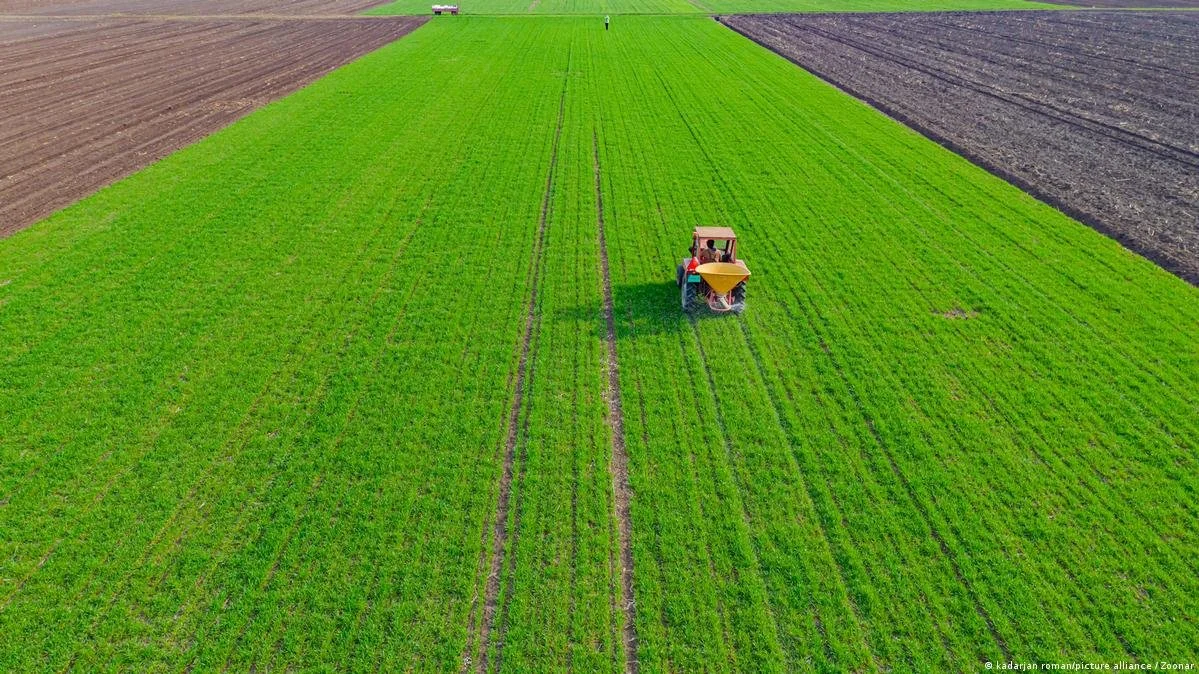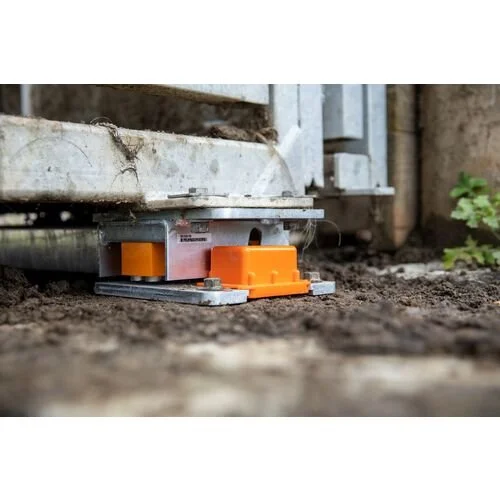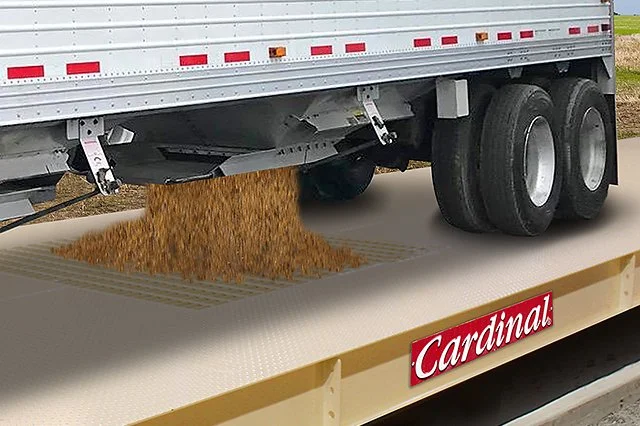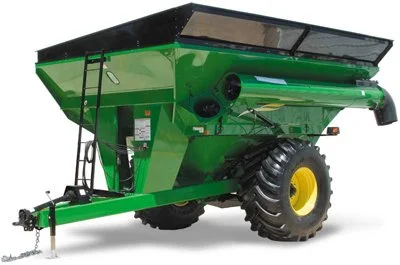Agriculture is a diverse industry that involves the production of a wide range of crops and livestock. Scales are an important tool in agriculture because they provide a precise and efficient way to measure the weight of crops, livestock, and other agricultural products. This article will go over the different scales used on farms as well as the benefits that they offer.
Types of agriculture scales
Weigh Beam Scales
One of the most common scales used in agriculture is the weigh beam scale. Weigh beam scales are used to weigh large items, such as livestock and machinery. These scales are known for their durability and accuracy, and they are often used in feedlots, livestock auctions, and other agricultural settings.
Grain Dump Scales
Agricultural grain dump scales play an important role in farming operations, especially during the peak of the harvest season, where exceptional accuracy and operational efficiency has the utmost importance. Grain dump truck scales provide extra efficiency with the ability to weigh a truckload of goods and unload it while on the scale. Easy to install on-site, grain dump truck scales are the ideal weighing solution for both existing and newly constructed dump sites.
Grain Cart Scales
Different from grain dump scales, grain cart scales are recommended for farmers interested in mobility while maintaining the ability to accurately measure the weight of the loads they are carrying. Grain cart scale can be integrated with a wide range of farming trucks and vehicles and deliver precise results. The ideal weighing solution for small-scale farmers, these cost-effective scales significantly reduce the time needed to weigh payloads.
Benefits of using agriculture scales.
Comply with new regulations: The Department for Transportation has vehicle testing requirements which includes weight limits. Having a high capacity scale measuring feed and grain has to be sure that it is in compliance before any of it can be shipped to its respective destinations.
The farm can also benefit from high capacity scales for weighing the produce before loading onto the vehicles - or outgoing loads. Platform scales feature capacities up to 25000lbs and have large base sizes for weighing goods of any size.
Track yields: Weighing to track yields can ensure you are maximizing output. The scales used for this can be waterproof and portable, and with data transfer-capable scales means you can compare to previous results more efficiently. This can help you modify and adjust as needed.
Monitor waste: Weighing scales can also be used to reduce waste. Less waste can result in reduced costs, greater revenue and more profit.
Agricultural waste has been subject to the regulations that control the management of household, commercial and industrial waste. Many of these regulations, such as maximum deposit sizes of plant tissue waste, feature set weights in tonnes that need to be adhered to.
By tracking how much is being wasted using weighing scales, a strategic plan can be put in place in order to reduce wastage amounts.
Comply with Trading Standards when pricing based on weight: When the farm goods are ready to be sold, legally a Trade Approved scale must be used if the price is based on weight. This standard is to ensure consistency of weight readings across Legal for Trade Approved scales and assures the customer of the scale’s accuracy and reliability. These are therefore perfect for areas such as farmers’ markets.
Ensure customers are getting the correct quantities: An inaccurate weight can have financial implications (if the customer receives more than what they ordered) or bad customer service (if they received less than expected) so hitting weight targets is pivotal.
Use a scale with a hi/lo alarm - and add a hi/lo light tower to the scale for even greater convenience - and you’ll know whether or not a product weighs an amount which is in accordance with a preset target.
There can also be legal implications, and if you are buying a weighing scale and need a light tower, the optional extras can be found in the right hand menu of each product page.
Keep your records up to date with data transfer: Many scales have optional extras available that mean you can record weight data wirelessly. The Scale to USB Lead allows you to connect the scale directly to a PC,, weigh your produce on the scale, and transfer the data directly to an Excel spreadsheet on a computer - perfect for internal record keeping.
Closing Words
In conclusion, there are several different types of scales that are commonly used in agriculture, including weigh beam scales, platform scales, and hopper scales. These scales provide accurate and reliable weight measurements, which are essential for a variety of agricultural operations, including livestock production, crop production, and grain handling. As the agriculture industry continues to evolve, the use of scales is likely to become even more important for ensuring the efficiency and profitability of agricultural operations.
At American Scale we strive to bring you informed and useful content on all things scale systems related, including products from the top scale manufacturers. Be sure to check out our truck scale articles about truck scale foundation or how much do truck scales cost. We even have a guide to warranties. To learn more about bench scales, it would be good to check out our other articles such as “Bench Scale Basics'' and “How Much Does A Bench Scale Cost?”. These articles will help with the basics of bench scale ownership. Also, take a look at our “Common Problems With Bench Scales'', to help prolong the lifespan on your scale.




